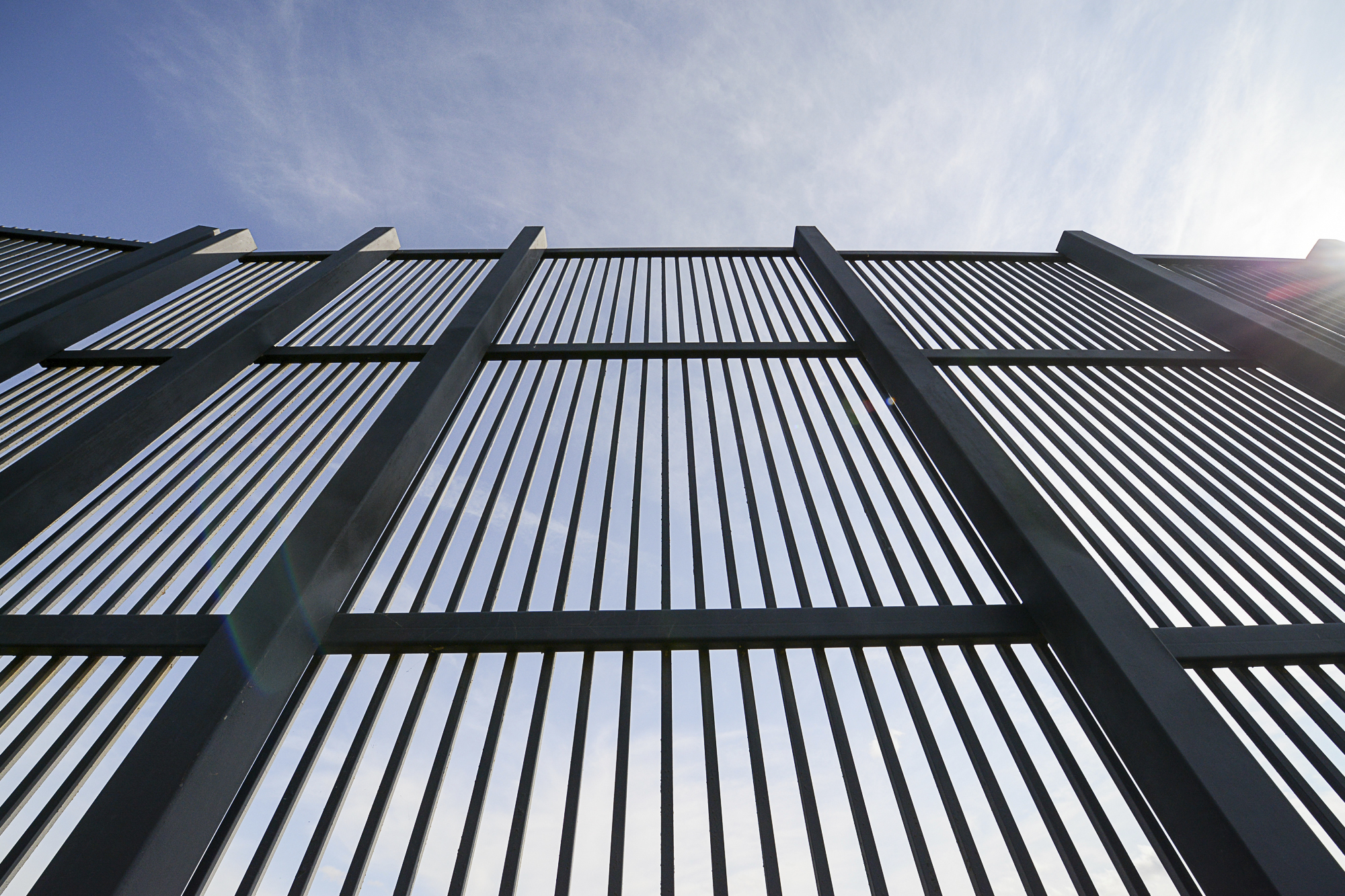The wall along the U.S.-Mexican border that is supposed to keep thousands of people out will cost over $20 billion to enact. So far, President Donald Trump has found only $20 million in resources for its creation.
Reuters obtained a document from the Department of Homeland Security, which stated that the Southern border wall will be financed with “existing funds and resources.” But the $20 million identified is just enough to cover some preliminary contracts of wall mock-ups and falls short of being able to support any construction of the physical wall.
In the executive order on border security released in January, Trump called for “the immediate construction of a physical wall on the southern border.” But since the existing funds are insufficient to even build the wall’s infrastructure, Congress would need to approve and allocate funding for things to move forward.
On the campaign trail, Trump repeatedly promised that Mexico would pay for the border wall, but since he’s taken office, he revised his statements claiming Mexico would reimburse taxpayers for the wall’s costs.
House Speaker Paul Ryan has reiterated that Congress will rely on taxpayers to “front the money up,” he said during an interview on MSNBC. “I know you’re follow-up question is is Mexico going to pay for the wall? There are a lot of different ways to get Mexico to contribute to doing this. There are different ways of defining how exactly they pay for it.”
Ryan didn’t go into further detail, but Trump has raised the possibility of a 20 percent tariff on goods imported from Mexico as a generator for border wall funds. Ryan and Steve Bannon favor a border adjustment tax, which Bloomberg explains:
The proposed border-adjustment plan would tax U.S. companies’ domestic sales and imports at a new 20 percent rate, while exempting their exports. The change — which would replace the existing 35 percent tax on companies’ global income — would encourage companies to bring manufacturing back to the U.S. and reverse the tide of corporate tax inversions.
Both proposals are facing intense opposition, and so is support from Congress. As a result, the border wall’s start date remains uncertain.


